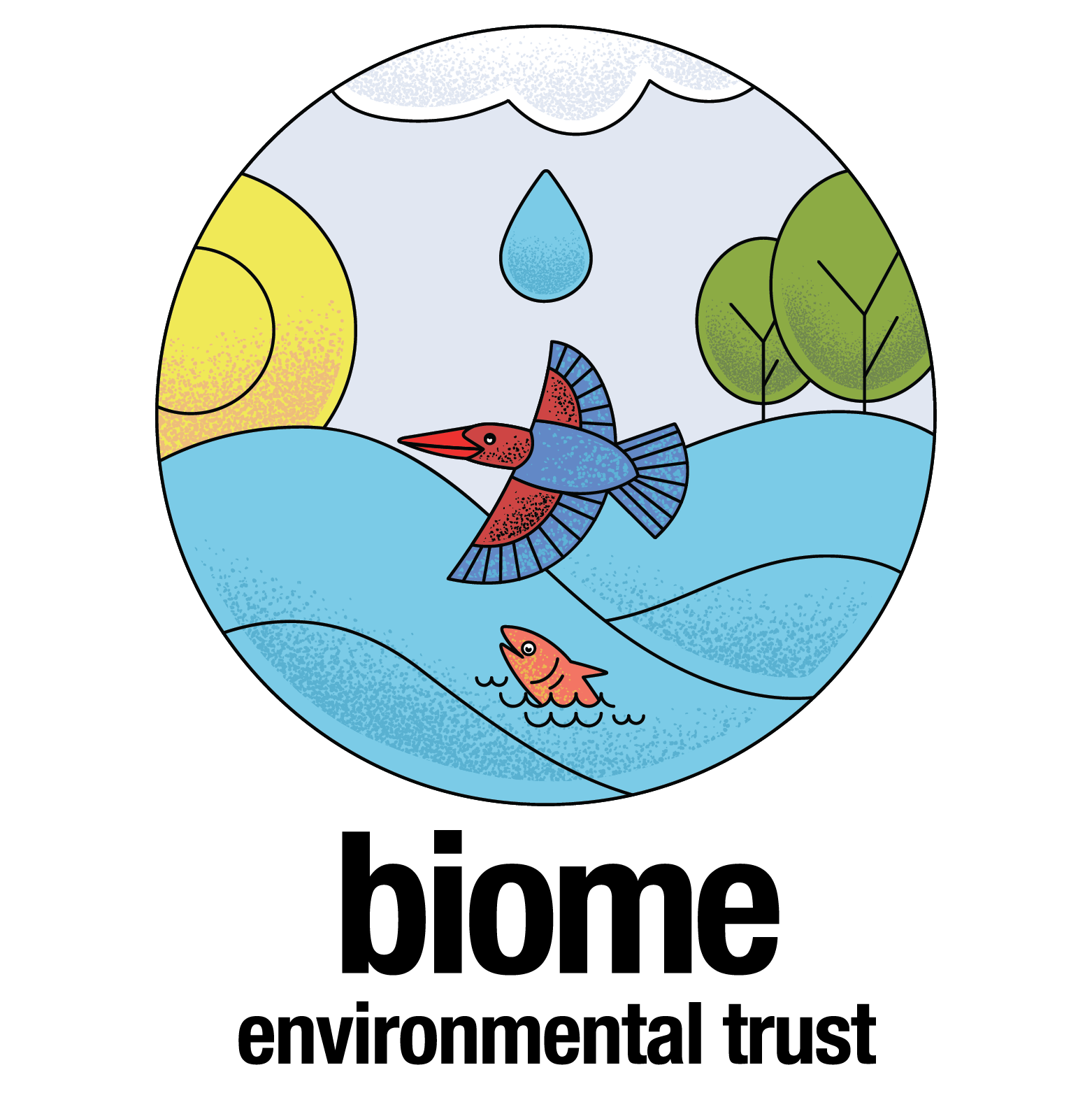BIOME presented a paper in the NATIONAL CONFERENCE ON “Women-led Water Management: strategies towards water sustainability in rural India” held on Nov 5-6, 2012, Jointly Organized by The Institute of Rural Research and Development and Unicef India. The below link directs you to the actual presentation that was made.
The
role of women and water in running households whether urban or rural,
rich or poor, illiterate or educated cannot be overemphasized. It is
but natural and intuitive to assume that women should play a key role
in policy making around water. However, much like across rural India
this role is mainly played by men – even in the cities.This
paper follows two different scenarios in and around Bangalore where
women have come forward to play water policy maker roles. In both
cases women have not only looked at water from a sourcing, supply and
management point of view but primarily from a view of ensuring
sustainability.
role of women and water in running households whether urban or rural,
rich or poor, illiterate or educated cannot be overemphasized. It is
but natural and intuitive to assume that women should play a key role
in policy making around water. However, much like across rural India
this role is mainly played by men – even in the cities.This
paper follows two different scenarios in and around Bangalore where
women have come forward to play water policy maker roles. In both
cases women have not only looked at water from a sourcing, supply and
management point of view but primarily from a view of ensuring
sustainability.
The
first scenario illustrates the coming together of key women members
in the water committee of a Resident Welfare Association (RWA) in a
high-income, gated community called Ferns Paradise. These women
invested much of their time, effort and money to ensure sustainable
water supply by looking at demand management, rainwater harvesting
and waste water treatment. The second scenario highlights the efforts
of teachers, cooks, and female community group members in Rural
Bangalore, and the challenges they overcame to secure their village
water supply.
first scenario illustrates the coming together of key women members
in the water committee of a Resident Welfare Association (RWA) in a
high-income, gated community called Ferns Paradise. These women
invested much of their time, effort and money to ensure sustainable
water supply by looking at demand management, rainwater harvesting
and waste water treatment. The second scenario highlights the efforts
of teachers, cooks, and female community group members in Rural
Bangalore, and the challenges they overcame to secure their village
water supply.
Although apparently from
opposite worlds, this paper shows that the two communities had the
common interest of ensuring sustainable water supply especially for
the future generations. Our organisation BIOME (Biome Environmental
Trust) was able to observe their successes as they unfolded first
hand.
opposite worlds, this paper shows that the two communities had the
common interest of ensuring sustainable water supply especially for
the future generations. Our organisation BIOME (Biome Environmental
Trust) was able to observe their successes as they unfolded first
hand.

S V MarketingWater Storage Tanks products quality is very good..we are using since 5 years..